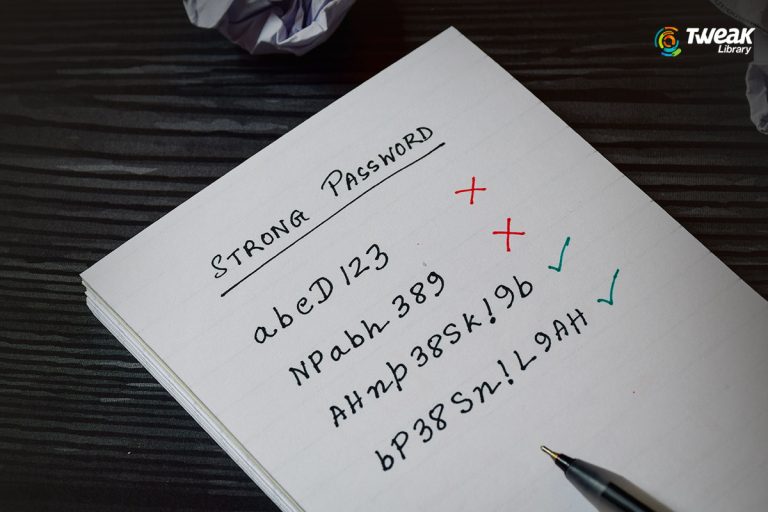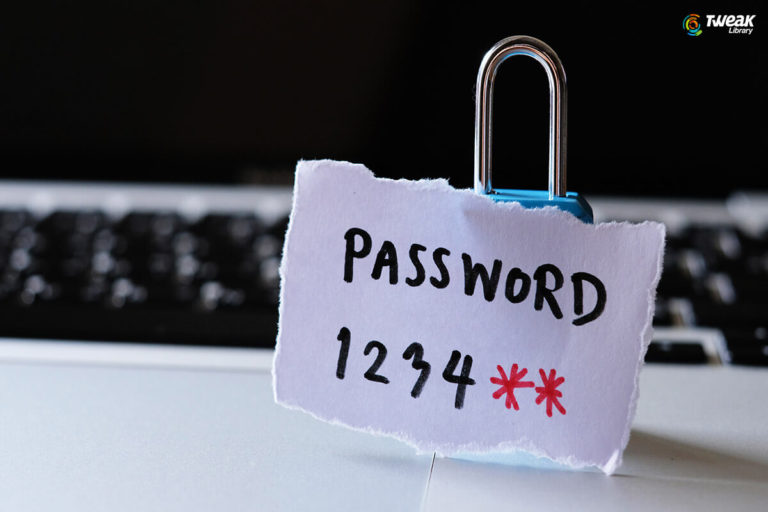As strange as it may sound, Japan is looking forward intruding civilian privacy by hacking IoT devices for the sake of “security” prior to 2020 Olympics. The step is said to be in an effort to secure infrastructural support in the Olympic games to be held in 2020. This may be the first time when a government is openly letting its employees hack in to citizens’ IoT devices to ensure safety and security.
This step of Japan may be an effort to avoid a repeal of cyberattacks, which attacked South Korea and Brazil in 2018 and 2016 Olympics. Now that cyber-attack may take ugly turns, Japan would surely like to take precautionary steps to avoid falling in such situations.

Also Read : What Is A Man-In-The-Middle Attack?
Why Japan wants to hack citizens’ IoT devices?
Although, hacking into citizens’ devices wouldn’t be a welcoming step. But, keeping the risks and threats associated with cyber-attacks into consideration, a little sneak-peek won’t harm anyone. This is the reason why Japan amended a law that lets the officials to survey personal devices, according to ZDNet.
Craig Young, computer security researcher at Tripwire’s Vert (Vulnerability and Exposure Research Team) says, “Although it may turn out to be an unpopular opinion, I think this is a reasonable action by the government of Japan”. He also adds, “unsecured internet devices are an existential threat to the many aspects of the economy and public safety which rely on the public Internet.”
What makes IoT devices more vulnerable is that they may pose a serious privacy concern by revealing confidential data or the private networks. Young says, “Mirai and similar botnets have shown that IoT botnets can be incredibly effective at large-scale DDoS attacks”. He also adds that “The risk of wide-scale IoT compromise may also extend beyond the Internet in some circumstances. An attacker with control over enough smart outlets, thermostats, or appliances could likely disrupt critical public services like energy, water, and sewer services by creating sudden spikes in demand to overwhelm infrastructure.”
While expressing concern over IoT devices and related security issues, Young pointed out that no one knows what could happen “if a couple hundred million lamps are turned on and off simultaneously across a nation” or “if an excessive number of thermostats are suddenly set to the extreme.”

Must Read : How Malware Affect Your Automobiles?
Is Japan invading citizens’ privacy?
While talking about the security at international level, Japan seems to have a broad mind where it is ready to hack into its own citizens’ IoT devices for the sake of security prior to Olympics. While referring to questions “about whether this is a government invading its civilian’s privacy” as “misguided”, Young said, “Without any action, these devices remain vulnerable and may be accessed by anyone with the will to find them. The question then is whether it is preferable to have someone from the government find and notify civilians about insecurity or to leave these systems for those with malicious intent to find.”
Overall, Japan does not want to leave any stone unturned in protecting Olympics on its land. The country is ready to embrace the new amendments in the laws that leads to citizens’ privacy breach as the government officials would be able to hack into the IoT devices. Japan has witnessed the previous cyber-attacks in the Olympics held in South Korea and Brazil, and it wishes to not let any cybercriminal breach its security through any means. If you wish to share your opinion regarding this hack into IoT devices, do leave a comment below.






Leave a Reply